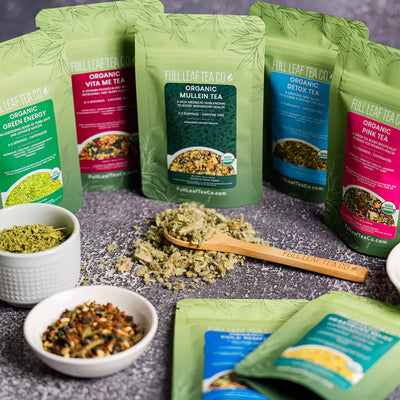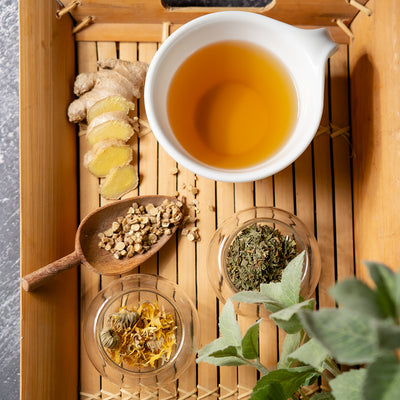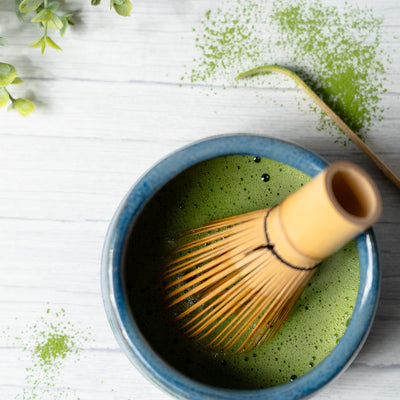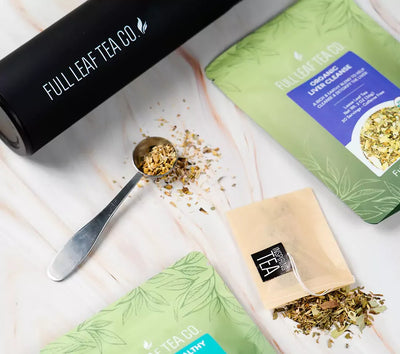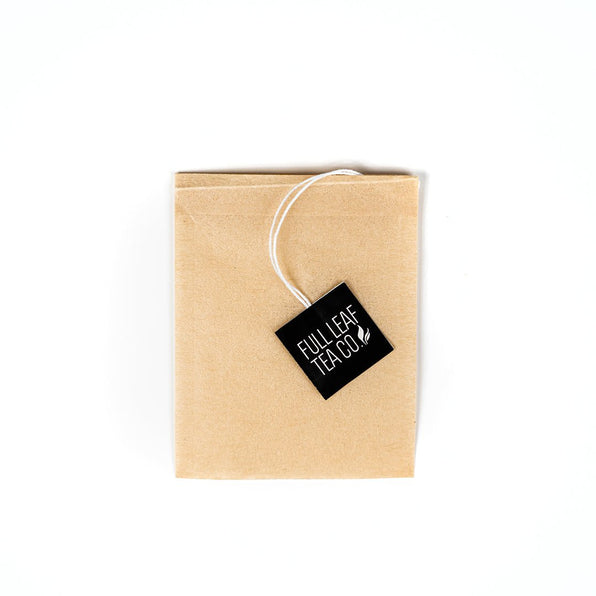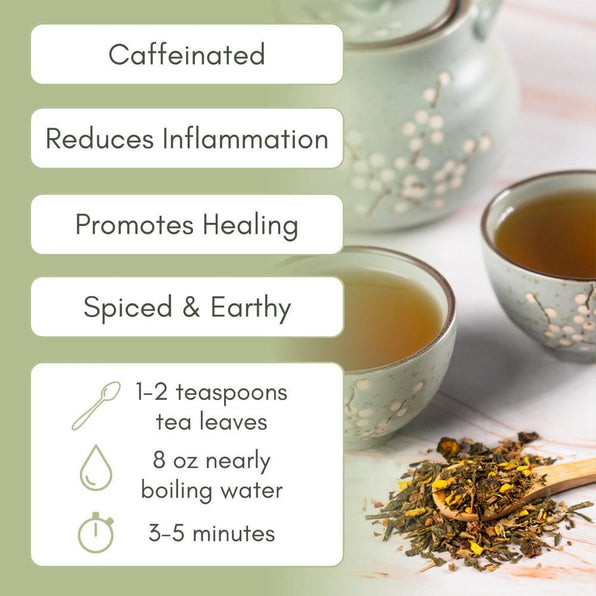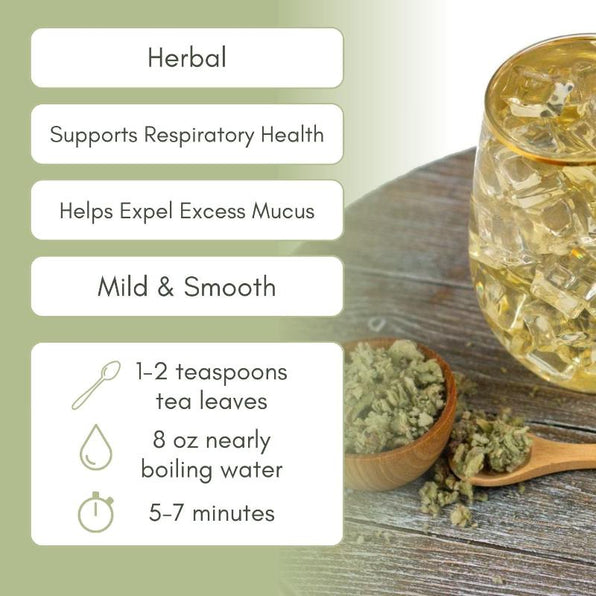
Caffeine in Tea
Caffeine in tea is a natural stimulant that provides a mild and steady energy boost. Unlike coffee, which releases caffeine quickly and can lead to sudden spikes and crashes, tea's caffeine is absorbed more gradually due to the presence of L-theanine, an amino acid that promotes relaxation. This combination creates a calm yet alert state, often referred to as a "focused energy." The amount of caffeine in tea varies depending on the type—black tea generally has the most, followed by oolong, green, and white teas—but also how long the tea is steeped for. Overall, tea offers a balanced and gentle caffeine experience.
Tea vs Coffee
Tea is a better choice than coffee for many people due to its lower caffeine content, providing a gentle energy boost without jitters, making it ideal for those sensitive to caffeine. It's also rich in antioxidants like catechins and flavonoids, promoting heart health and supporting the immune system. Unlike coffee, which can be acidic and harsh on the stomach, tea is easier to digest and offers calming benefits with compounds like L-theanine. With its balanced caffeine levels and health-promoting properties, tea is a superior and versatile option for daily enjoyment.
While coffee offers benefits like a quick caffeine boost and antioxidants such as chlorogenic acid for heart health and weight management, tea remains the better choice. Coffee’s higher caffeine content and acidity can lead to jitters, digestive issues, or sleep disruptions for some individuals. On the other hand, tea provides a gentler energy boost, is easier on the stomach, and promotes relaxation with compounds like L-theanine. Its balanced properties make tea a superior option for long-term wellness and daily enjoyment, making it a versatile and healthier choice for many people.

Caffeine in Base Teas
Black Tea delivers a moderate yet lasting energy boost, typically providing 40-70 milligrams of caffeine per 8-ounce serving, though this varies depending on the brewing process. Unlike coffee’s rapid caffeine release, black tea allows for a slower absorption, helping you feel alert without the sudden rush or crash. This gradual energy makes black tea a great option for maintaining focus throughout the day without the jittery side effects. With its robust flavor and balanced caffeine content, black tea is ideal for those looking for a sustained, smooth lift that keeps you steady.
Pu-erh Tea stands out for its rich, earthy flavor and its ability to provide a steady, mild energy lift. As a fermented tea, raw pu-erh offers caffeine levels ranging between 30 and 70 milligrams per 8-ounce cup, making it similar to black tea but often gentler than coffee. The slow release of caffeine in pu-erh allows for sustained energy, helping you stay alert without the typical jitters associated with higher-caffeine drinks. Beyond its energizing effects, pu-erh is also celebrated for its digestive benefits, making it a popular choice for those who appreciate a balanced, functional beverage.
- Yerba Mate is loved for its balanced energy kick, providing around 30-50 milligrams of caffeine per 8-ounce cup, making it a middle ground between coffee and tea. What sets yerba mate apart is its unique combination of caffeine and theobromine, which together create a smoother, longer-lasting energy boost. This combination helps maintain alertness and focus without the intense jitters or crashes that coffee can cause. Yerba mate also brings a range of antioxidants and nutrients, making it a favored choice for those seeking both mental and physical benefits in a stimulating, yet balanced, drink.
Oolong Tea strikes a balance between black and green tea, both in terms of flavor and caffeine. With around 30-50 milligrams of caffeine per cup, it provides a moderate energy boost that's more than green tea but less intense than black tea. What makes oolong particularly unique is its ability to promote focus and relaxation simultaneously. This creates a feeling of calm alertness that can help enhance concentration without overstimulation. Oolong's smooth energy makes it ideal for sustained mental clarity throughout the day.
Green Tea is known for its gentle energy boost, delivering a calm alertness without the jittery effects often associated with coffee. With around 25–45 milligrams of caffeine per 8-ounce cup, green tea provides enough energy to keep you focused without overwhelming your body. Its moderate caffeine content makes it ideal for those seeking a steady, sustained lift throughout the day. The balance of caffeine in green tea promotes clarity and focus, offering a refreshing way to stay energized without the crashes or anxious feelings that stronger caffeinated drinks may cause.
White Tea, known for its delicate flavor, contains the lowest caffeine levels among traditional teas, with only 15-30 milligrams per 8-ounce cup. This makes it a gentle option for those who want a subtle energy boost without the intensity found in black or green tea. The lighter caffeine content provides a gradual lift, making white tea an excellent choice for individuals sensitive to stimulants or those who want a calming tea experience. Its soft, refined taste paired with a mild energy boost makes white tea ideal for sipping throughout the day without any risk of an energy crash.
Herbal Teas are naturally caffeine-free, making them a perfect choice for those who want to enjoy a warm, flavorful drink without any stimulants. Since they're made from herbs, flowers, and spices instead of traditional tea leaves, popular varieties like chamomile, peppermint, and rooibos offer relaxation without the worry of caffeine-related side effects. Many herbal teas are known for specific wellness benefits, such as promoting sleep, soothing digestion, or reducing stress. Their lack of caffeine makes them a comforting, calming option for any time of day, especially in the evening or before bed.
The Bottom Line
Tea is a healthier alternative to coffee due to its lower caffeine content, providing a gentle energy boost without the jitters. Rich in antioxidants like catechins and flavonoids, tea promotes heart health and supports the immune system. It’s easier to digest and contains L-theanine, which enhances relaxation and focus. While coffee offers a quick caffeine boost, it can lead to digestive issues and disrupted sleep. Tea’s balanced caffeine absorption provides sustained energy without crashes, making it ideal for long-term wellness. Whether black, oolong, green, or white, tea offers a versatile and healthier daily choice.

